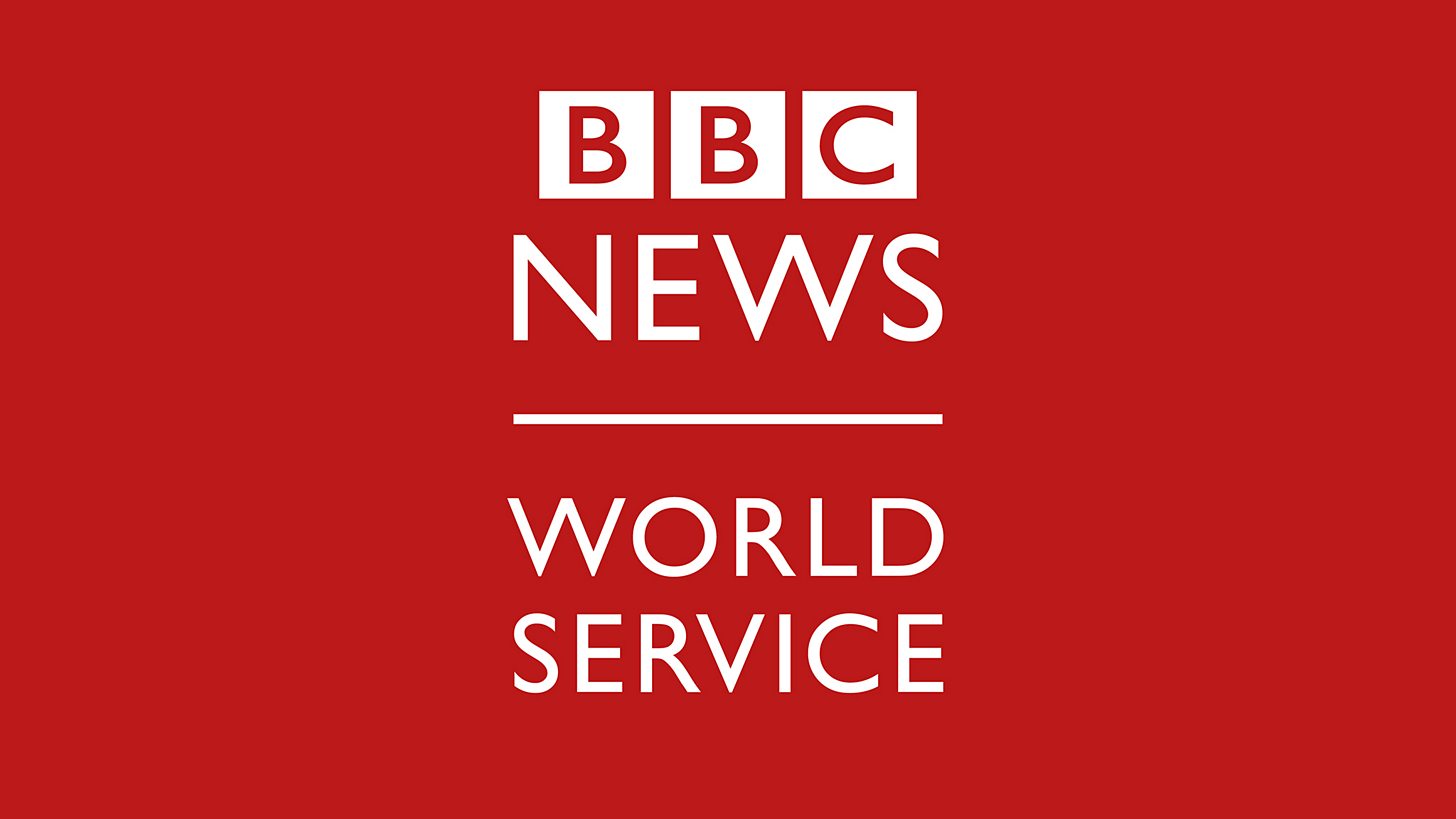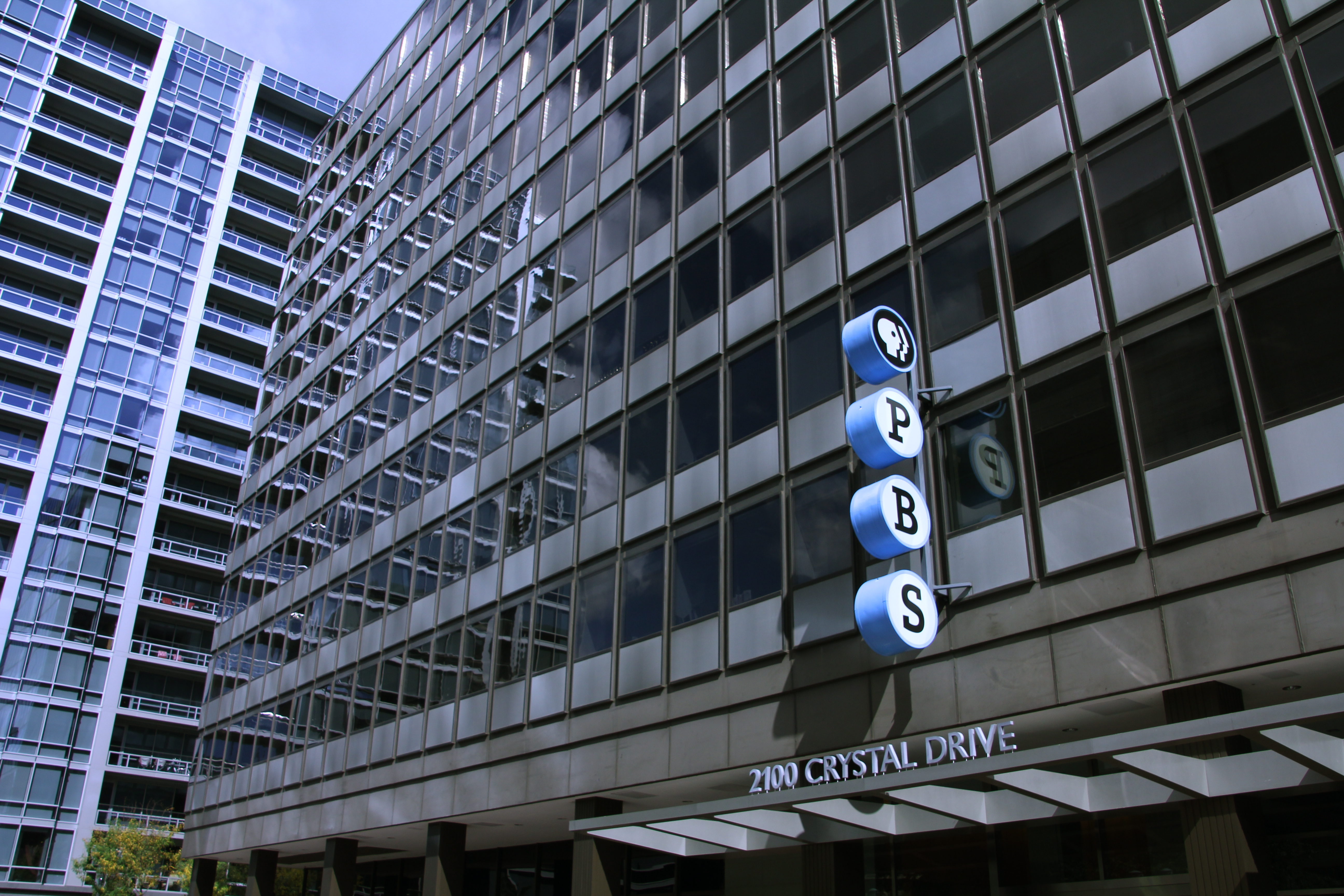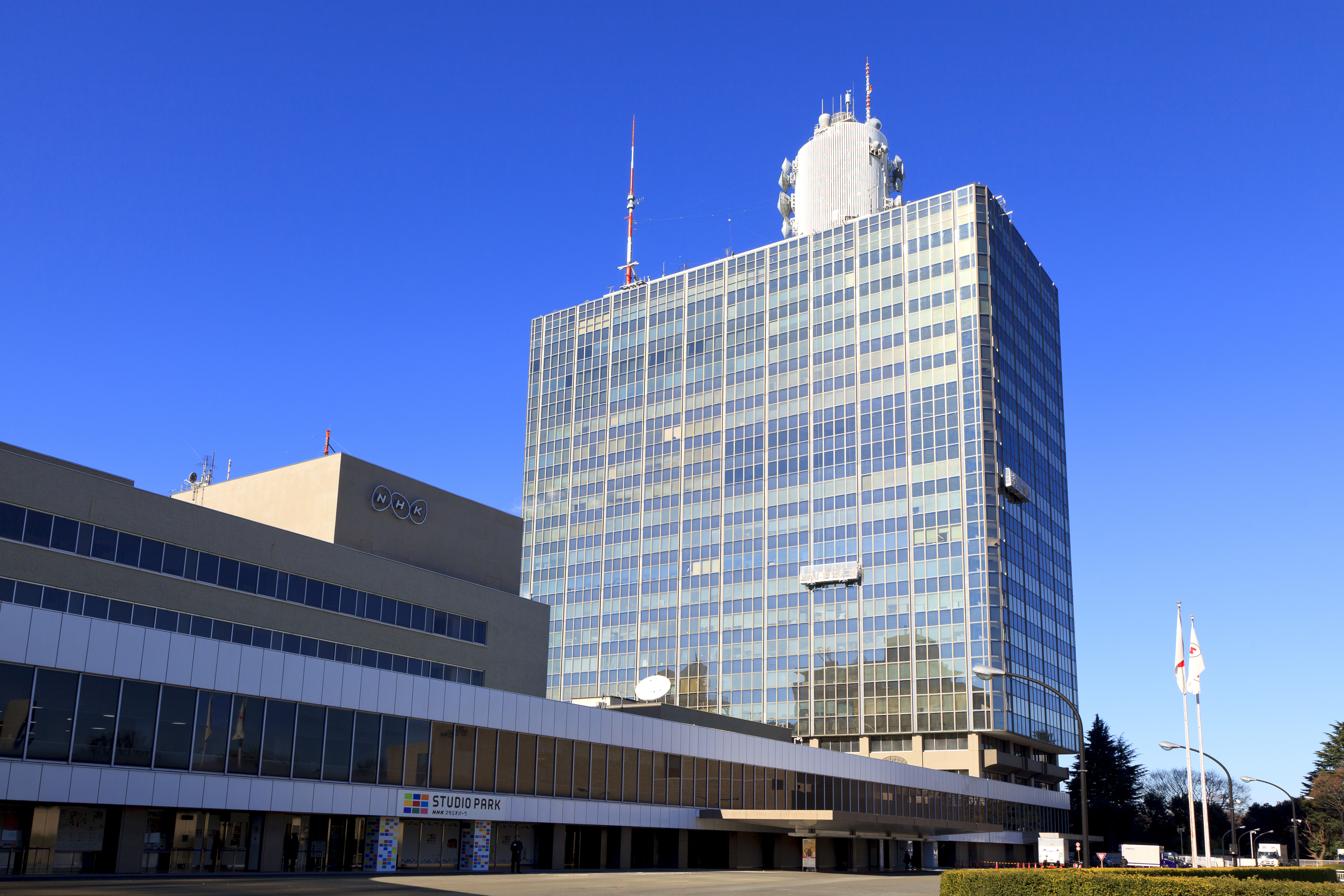The PMA Briefing
Funding cuts, and the threat of funding cuts
4 February 2025
The BBC World Service has announced a fresh round of cuts to the tune of £130 million; CBC/Radio-Canada’s new President has warned of the impact of a complete CBC funding cut on the entire journalism industry; and in the US, is a freshly launched investigation into PBS and NPR being used to justify cuts? Meanwhile, the Irish Times reports the government is dragging its feet over RTÉ reform, while the state media regulator in Turkey has been accused of censoring independent media.
Canada: CBC’s new CEO warns of “existential threat”
Marie-Philippe Bouchard, the new President and CEO of CBC/Radio-Canada has said that Conservative leader Pierre Poilievre’s defunding plans for all English services poses an “existential threat” to the corporation. Despite Poilievre maintaining that French services would remain intact to some degree, Bouchard told CBC News that due to the shared resources, the $1 billion cut will still create serious knock-on effects for both divisions, as well as the wider journalism industry. She further stressed the importance of CBC for the creative economy, as well as for younger generations, citing their role in tackling mis- and disinformation. According to a national survey by McGill University, these plans would misalign with the majority of public opinion, with 57% supporting at least the maintenance of CBC’s government funding. Bouchard claimed that too little is known yet regarding the fine detail of the plans in order to prepare a response if the Conservatives win the federal election expected later this year.

UK: World Service announces new round of cuts
The BBC will cut around 130 jobs at the World Service in its latest round of cost-cutting as it looks to save £6 million. In a statement, the Global Director and Deputy CEO, BBC News, Jonathan Munro, said: “These changes will ensure we operate effectively with the resource we have, creating the most impact for audiences internationally.” In October, the government agreed to increase its funding of the World Service. But Munro said that funding only ensured the BBC could continue its 42 language services. “We were clear it would not stave off difficult decisions in order to remain globally competitive and meet our savings requirements.”
Meanwhile, the BBC’s longer-term funding remains a key pillar of the government’s agenda. Discussions between both the BBC and the UK government on a new charter, due in 2027, have already started, and how the BBC is funded will continue to be one of its most important aspects. Culture Secretary Lisa Nandy has already ruled out funding the BBC through general taxation.

US: Investigation launched into PBS and NPR
The chair of the Federal Communications Commission, the Federal body that regulates broadcasting in the United States, has ordered an investigation into whether PBS and NPR member stations violated rules by recognising financial sponsors on air. In a letter to the broadcasters, Brendan Carr said that if found to be airing “commercial prohibited advertisements” then “that would further undermine any case for continuing to fund NPR and PBS with further taxpayer dollars.”
NPR, PBS and the Corporation for Public Broadcasting have been under sustained pressure from the new Trump administration and its allies, many of whom have made no secret of their desire to defund public media in the US. Katherine Maher, the chief executive of NPR, said the practice of using sponsorships “complies with federal regulations.” Seth Stern, the director of advocacy at Freedom of the Press Foundation, said he believed Carr to be setting up a legal pretext for interfering with public media. NPR, alongside The New York Times and Politico have also had their allocated workspaces in the Pentagon taken away from them, and given to other media organisations, including the right-wing Breitbart.
Meanwhile, in an essay for the Columbia Journalism Review, Michael Swerdlow argued that what was instead needed in the United States was more stable funding for the public broadcasting system, a greater emphasis on local content, and reduced reliance on private financing and syndicated programmes.

Ghana: Reform for state media agencies
The Ghanaian Broadcasting Corporation (GBC) is one of several government-funded media agencies to be restructured, the incoming Minister of State for Communication has said. GBC would see its finances restructured along with the Graphic Communications Group Limited, a newspaper publisher, while the Ghana News Agency and the Information Services Department will be merged into one entity.
The incoming minister, Felix Kwakye Ofosu, told an appointments committee hearing that the reforms are driven by the government’s desire to ensure the media houses are fit for the digital era. “We must adapt to these changes to remain effective,” Ofosu said.
GBC currently relies on both government funding and internally-generated funds, predominantly advertising. No details about what an alternative funding system might entail were given.

Ireland: Dragging feet slowing RTÉ reforms
Cost-cutting plans at the Irish broadcaster RTÉ have been stymied by a lack of urgency from the government, local media have reported. The voluntary redundancy programme was a central pillar of director general Kevin Bakhurst’s plan to overhaul the public broadcaster after a series of cost-blowouts and scandals in recent years. But the plan is still waiting on approval from the public expenditure minister Jack Chambers. The Irish Times has reported that senior figures in RTÉ have grown frustrated with the delay, which prevents it from executing other aspects of the turnaround strategy, including plans to invest in its digital platforms.

Turkey: Repression against critical media continues
The Turkish Journalists Association (TGC) has called on the Radio and Television Supreme Council (RTÜK) to respect the Constitution and freedom of the press.
The media regulator sanctioned 6 television channels critical to the government, as well as the streaming giant Netflix for their coverage of current affairs or programmes they broadcasted. According to the RTÜK, the broadcasters acted “against national and moral values”
The TGC accused the RTÜK of continuing their policy of repression of critical media. In 2024, several media outlets were repeatedly fined or their broadcasts were suspended, allegedly for breaking the media law or infringing upon a certain broadcasting ban. According to reports, the media regulator penalised critical broadcasters ten times more than media outlets close to the government.
The president of the RTÜK, Ebubekir Şahin, who imposed many of the sanctions was just appointed to the General Assembly of the Press Advertisement Institution (BİK). The Press Advertisement Institution also imposed a penalty of cutting advertisements and announcements on many press institutions that made critical publications.

Featured Image: The headquarters of NPR public radio in downtown Washington DC, USA. Credit: Ahmed_Janabi / Shutterstock.comhttps://www.shutterstock.com/image-photo/washington-dc-usa-10172021-headquarters-npr-2059080686
Related Posts
29th January 2025
Reform and transformation plans at several broadcasters | The PMA Briefing
Governments in both Bangladesh and…
22nd January 2025
Public media in the eye of the politicians | The PMA Briefing
Politicians have weighed in on funding…
15th January 2025
Funding reforms enacted, pondered, and needed | The PMA Briefing
UK Gov't is mulling the future of the…


